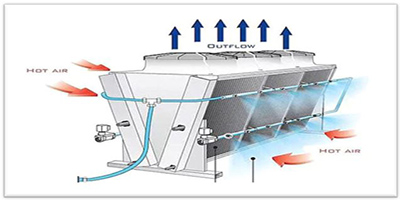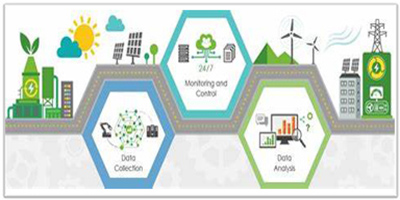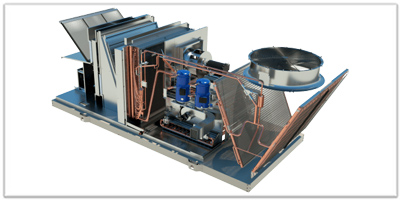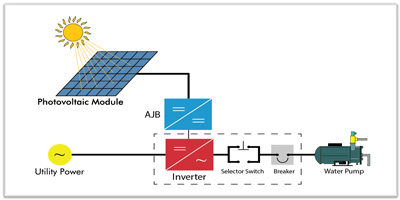what is waste management?
Waste management refers to the process of collecting, transporting, processing, and disposing of waste materials in a way that is safe and responsible. The goal of waste management is to minimize the negative environmental and health impacts of waste and to conserve natural resources.
There are several different components of waste management, including:
- Collection: This involves the collection of waste materials from homes, businesses, and other sources. Collection can be done manually or through the use of specialized equipment, such as garbage trucks.
- Transportation: This involves the transport of waste materials from collection points to processing or disposal facilities. Transportation can be done by truck, rail, or other means.
- Processing: This involves the treatment of waste materials to reduce their volume, remove hazardous or harmful components, or recover valuable resources. Processing can be done through methods such as recycling, composting, or incineration.
- Disposal: This involves the final disposal of waste materials that cannot be recycled or otherwise processed. Disposal may be done through landfilling, incineration, or other means.
Overall, waste management is an important aspect of environmental and public health, and involves a range of activities and technologies to ensure that waste materials are managed in a safe and responsible manner.








